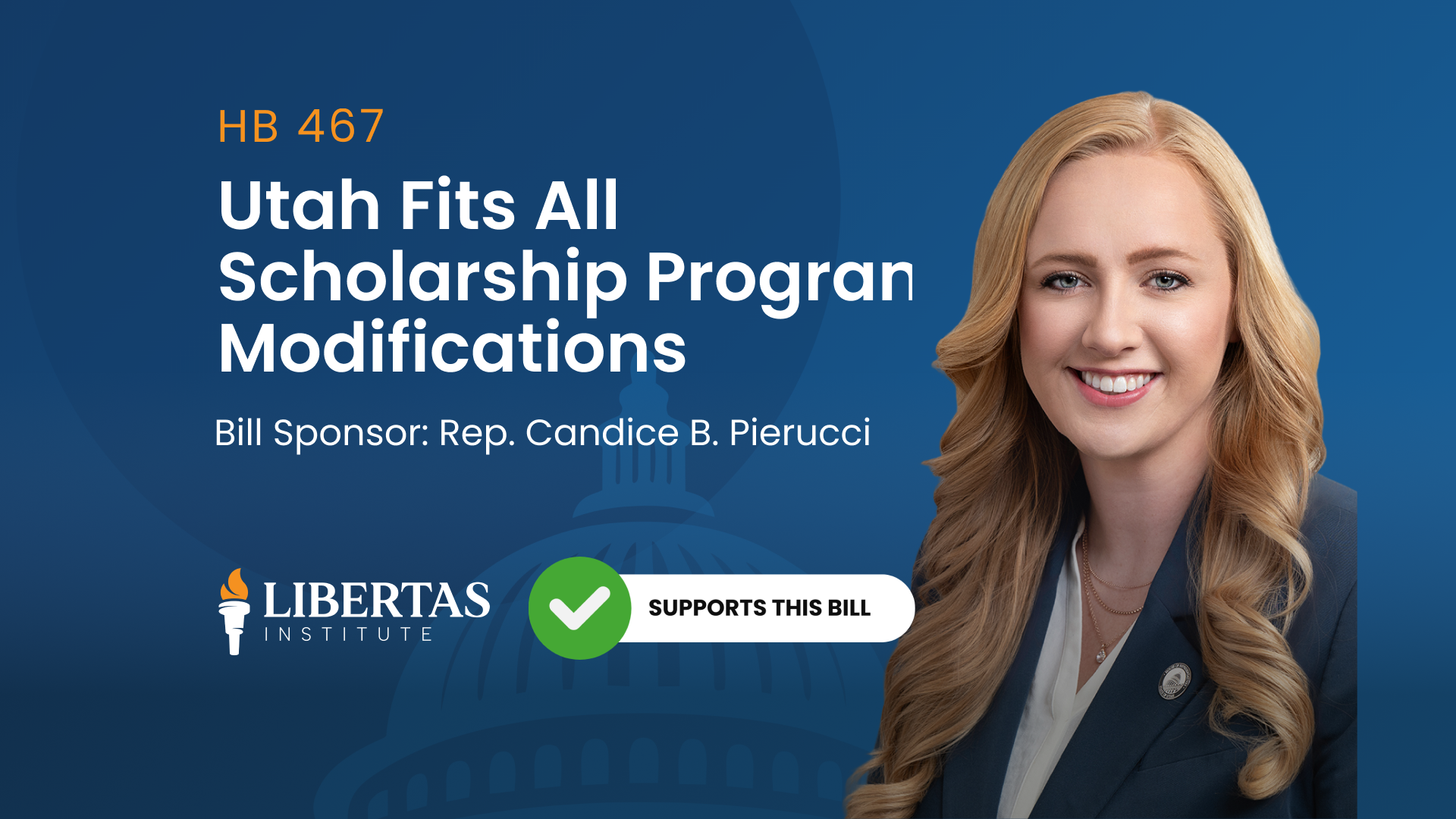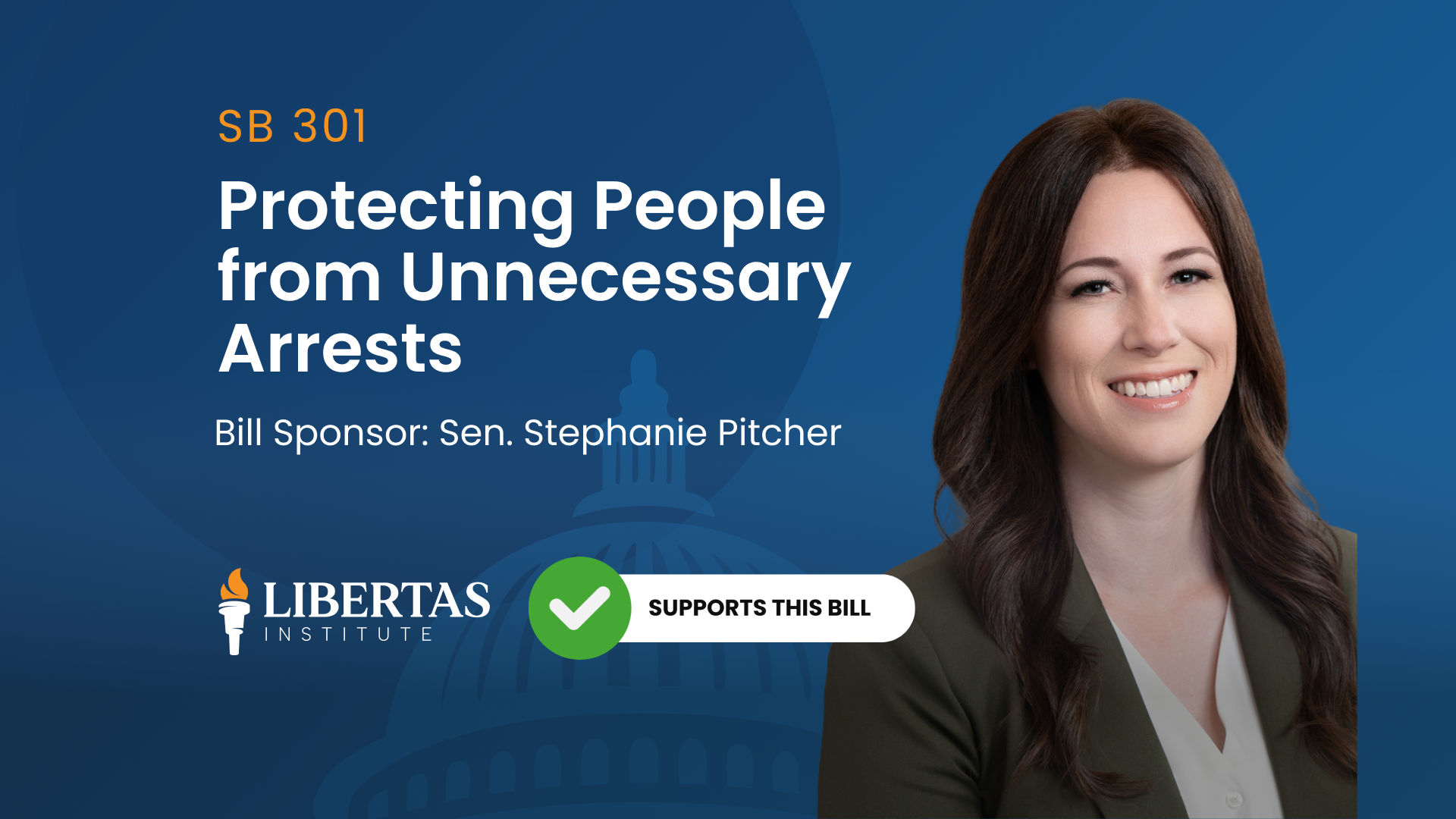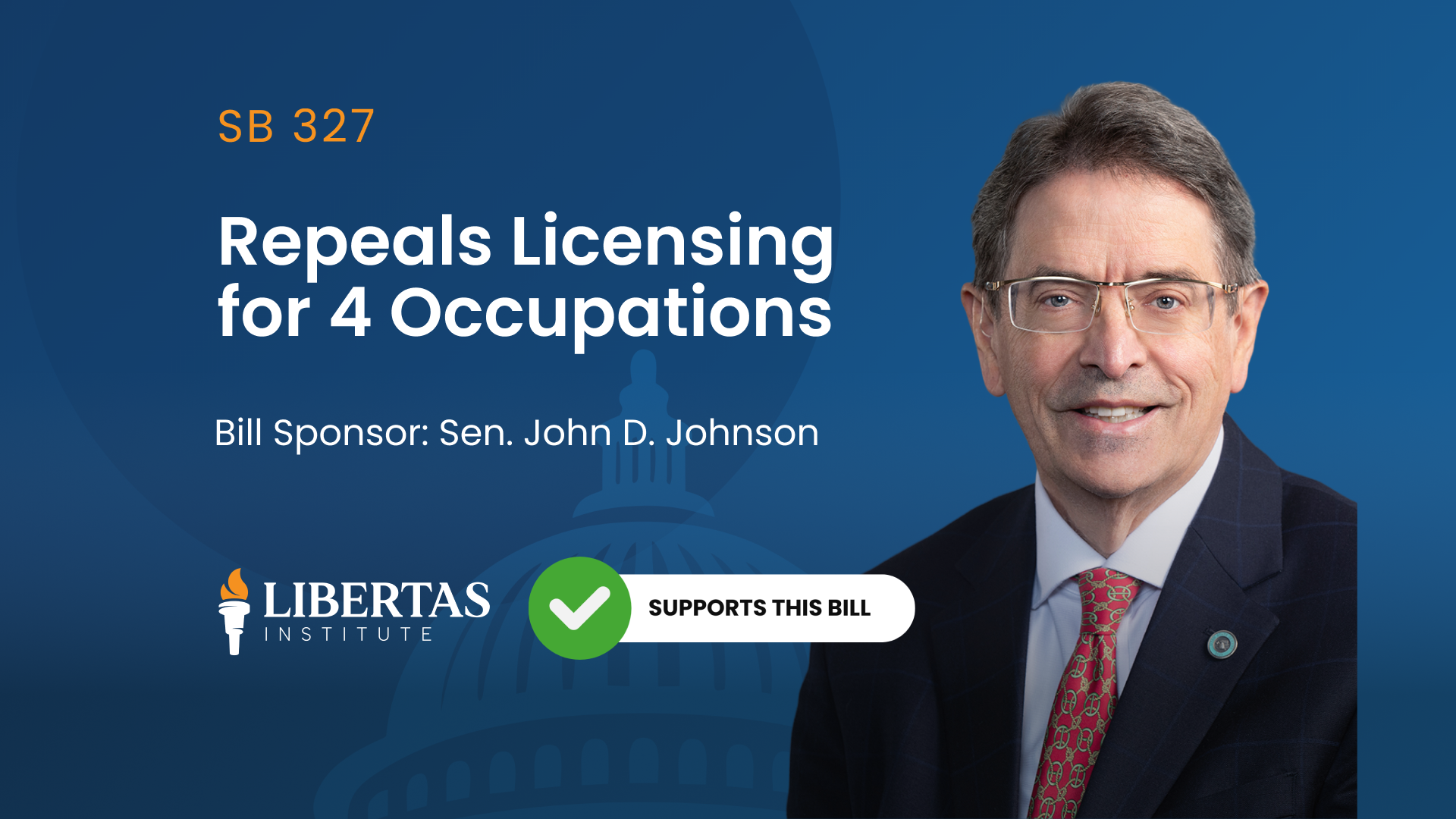This bill passed the House 53-21 and the Senate 21-2. Libertas Institute opposes this bill
Utahns who burn wood to keep their homes warm, whether in a fireplace or wood burning stove, are negatively impacting the air quality of our state—especially in the Salt Lake Valley. The state has led various campaigns to address this problem and has even started a fund to pay people who use wood burning as a primary heat source to replace these stoves with an electronic system. The goal is to help keep the environment clean for everyone.
Representative Timothy Hawkes has recognized this problem and is attempting to help the air quality problem by sponsoring House Bill 357. The bill would greatly expand the program to get people to convert their heating systems to a more sustainable model. While this is a noble cause, the method the bill proposes to achieve this goal is bad for taxpayers and contrary to the principle of individual responsibility and personal accountability. The bill would appropriate a whopping $14 million of taxpayer money to pay individuals to replace their wood burning heat systems.
While doing away with wood burning heat mechanisms that cause environmental harm is a good thing, in theory, accomplishing this is another issue. Utah taxpayers should not have to bear the expensive burden of people’s poor choices.
One positive aspect of the bill is that it does set standards to give preference for the allocation of funds towards low-income people or those who live in the Salt Lake Valley and Meridian. This limitation should be tightened to include both qualifications (low income and in the valley) in order to receive preferential status rather than one or the other.
While the intentions for the bill are good, it’s not the right way to abate the problem.




